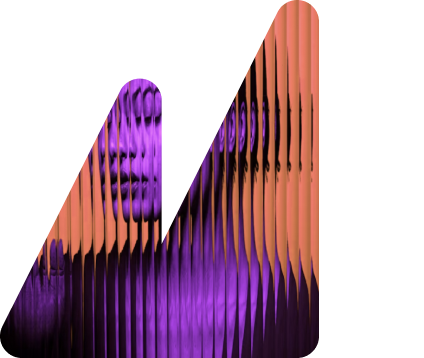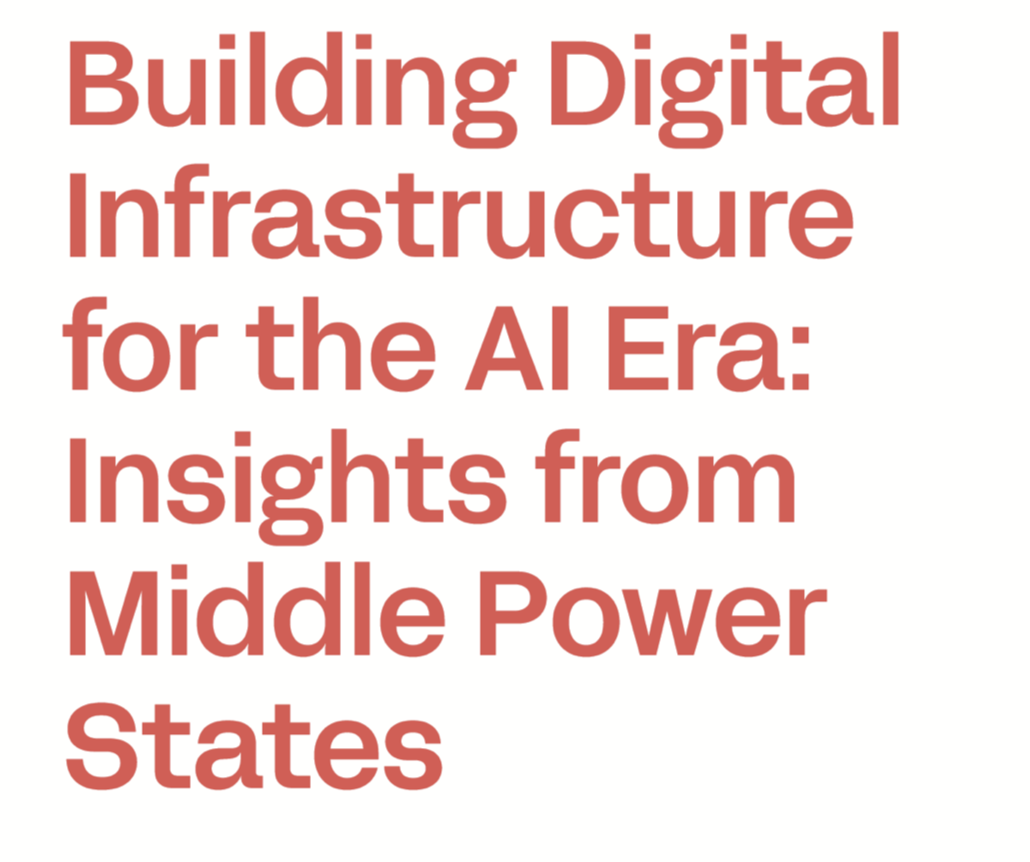
Project Liberty builds solutions
that advance human agency
and flourishing in
an AI-powered world.

Policy
Uniting frontier tech and policy to build a people-centered digital future.
Community
Bringing together 175+ organizations to align AI and innovation with humanity’s interests.


The Project Liberty Institute is a nonprofit research and convening hub that advances democratic values and governance to shape a people-centered digital economy.
Latest News
Sign up for the
Project Liberty Newsletter
Your weekly guide to human-centered AI and a better tech future.



